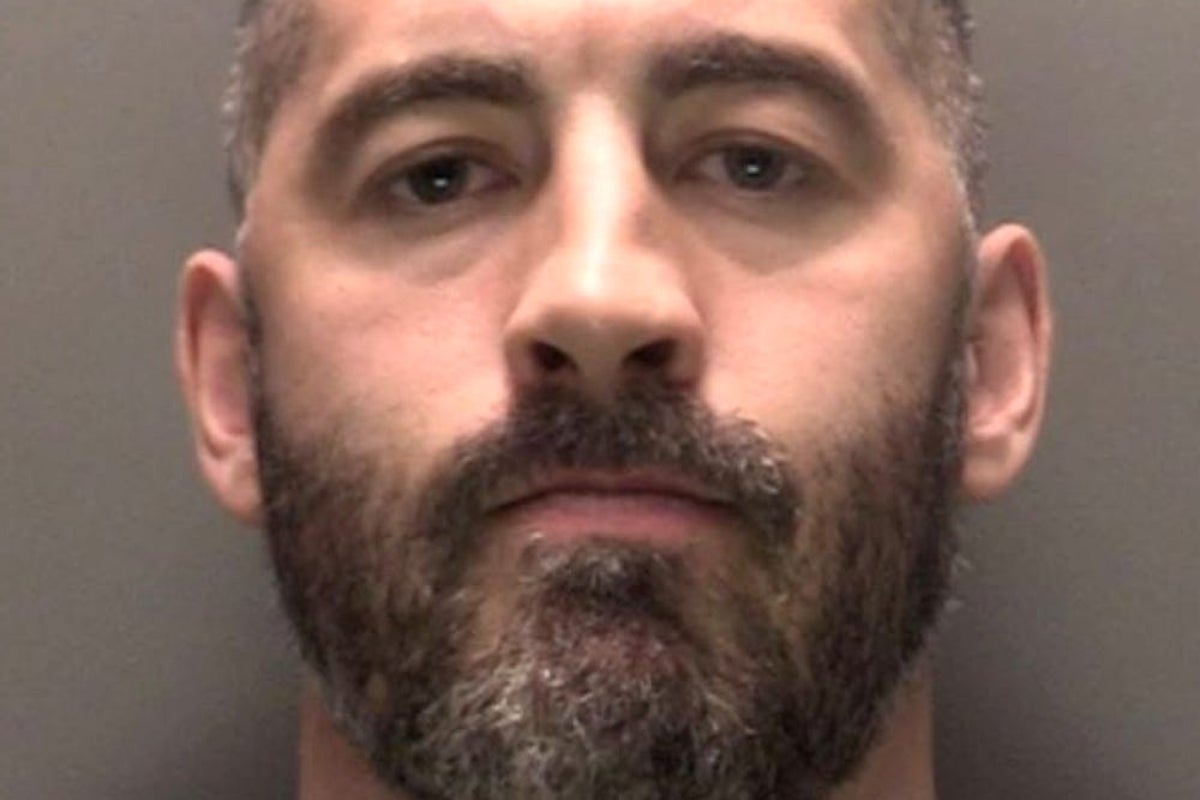
A taxi driver who is believed to have received one of the longest sentences for the disorder that followed the Southport attack last summer has lost a bid to appeal against his prison term.
Andrew McIntyre was jailed for seven and a half years in January for encouraging violent disorder and criminal damage and possession of a knife, after the knife attack in the Merseyside town on July 29 last year.
After the attack, McIntyre set up a Telegram channel called “Southport Wake Up” and shared content from a site called Tommy Robinson/Britain First/For Britain about a protest in Southport on July 30.
At the Court of Appeal on Thursday, barristers for McIntyre claimed his sentence should have been lower as he was not given enough credit for his guilty pleas.
Dismissing the appeal bid in his final oral judgment before retirement, Lord Justice Holroyde said: “It was for the judge to decide what reduction was appropriate.”
He continued: “It is not arguable that the total sentence was excessive, let alone manifestly so.”
After the Southport attack, McIntyre said in one post: “Rise Up English Lads. 8pm tomorrow St Luke’s Rd Southport.”
Hours before violence broke out in the town on July 30, he wrote: “Message to All … Stand in our way, even if you’re just doing your job … prepare to fall.”
Liverpool Crown Court heard in January that McIntyre’s phone was in the area of St Luke’s Road in Southport at 7pm on July 30, and the car he was later arrested in was also in the area when the disorder took place.
Over the following days, McIntyre congratulated those involved in the disorder and shared information about immigration advisers.

He was arrested in Liverpool on August 8, with a knife found hidden in the boot of his car.
The court heard that when his home was searched, officers found weapons and a copy of Hitler’s Mein Kampf.
Sentencing him, Judge Neil Flewitt KC said McIntyre was “motivated by racial hatred” and was “prominent” among those spreading misinformation after the attack.
McIntyre’s jail term is believed to be the second-longest handed down for disorder related to the Southport attack, with the longest believed to be nine years.
On Thursday, Julian Nutter, for McIntyre, said he should have been given a shorter sentence to reflect his guilty pleas.
He said the case did not concern an offender who had “provided the means” to commit offences or “instructions to make those means”.
He added: “The sentence should have been about a year less.”
Arthur Gibson, for the Crown Prosecution Service, told the hearing in London that the evidence of McIntyre’s offending “was there for the defendant to accept or deny as he so wished”.
He continued: “There were guilty pleas entered, but subsequent to that, even, the applicant was not accepting his full responsibility.
“The learned judge was entitled to use his discretion in determining a reduction in sentence for pleas of guilty.”
In the Court of Appeal’s ruling, Lord Justice Holroyde, sitting with Mrs Justice Yip and Sir Robin Spencer, said: “The applicant incited violence and criminal damage by many people at different locations on multiple occasions.
“He thereby threatened public safety, promoted widespread damage to property and exposed police officers to serious injury.
“He boasted about the scale of disorder which disfigured Southport and other towns and cities. Throughout, his conduct was racially motivated.
“If the applicant wanted greater credit for his pleas, he could and should have entered those pleas at an earlier stage.
“He did not do so. Instead, he delayed until it suited him to enter them, and even then, he continued to contest aspects of the claims against him.”
McIntyre, formerly of Rufford, near Ormskirk, watched proceedings by videolink from HMP Garth in Lancashire.







